Builder’s Waste Services Directory
This Waste Services Directory has been compiled for Tasmania’s construction and demolition industries. It provides statewide disposal, recycling, re-use and composting advice for the most common building site materials.
Where reference is made to Men’s Sheds, donations can be made by visiting the Tasmanian Mens Sheds website and send a message listing the items you wish to donate and your location, and someone will respond.
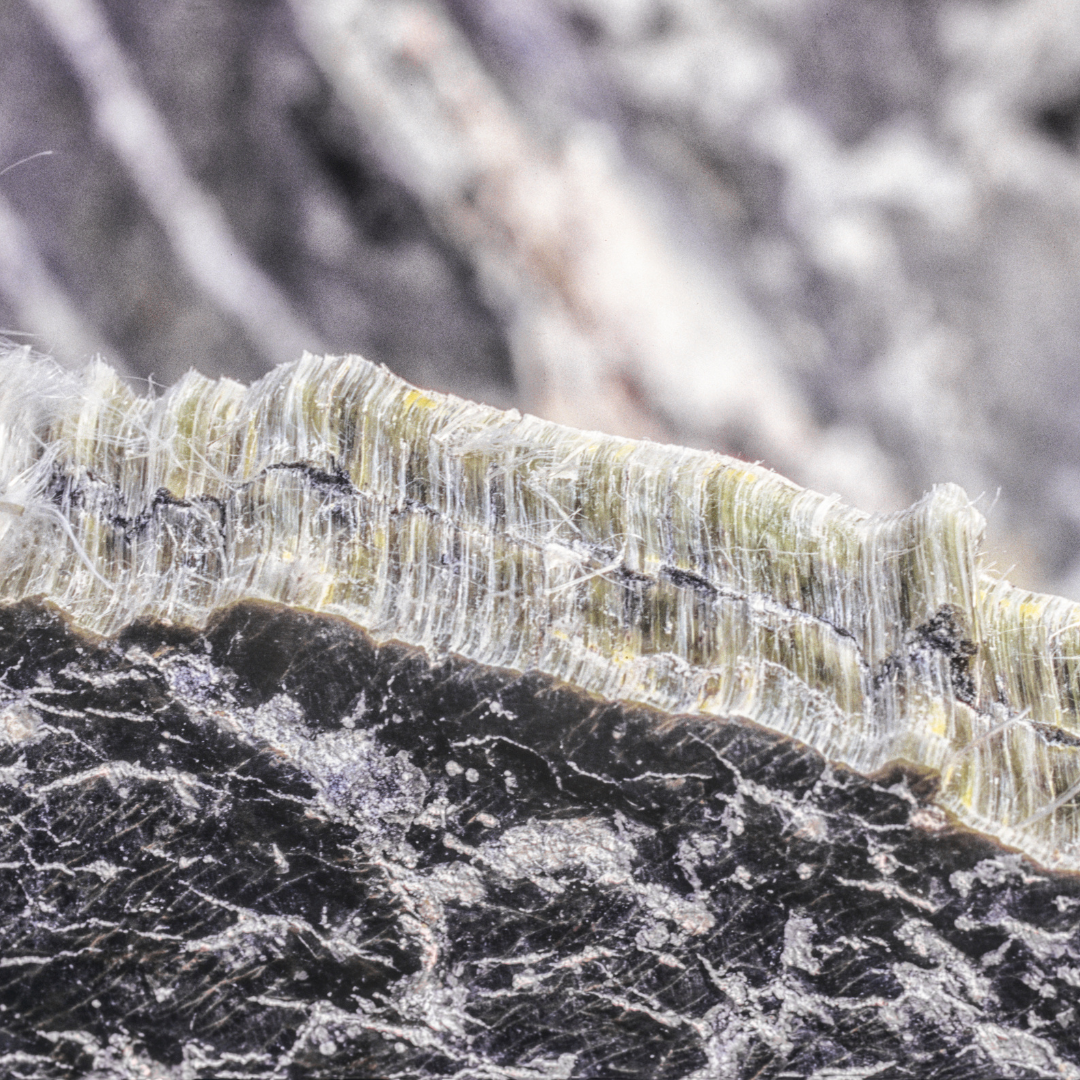
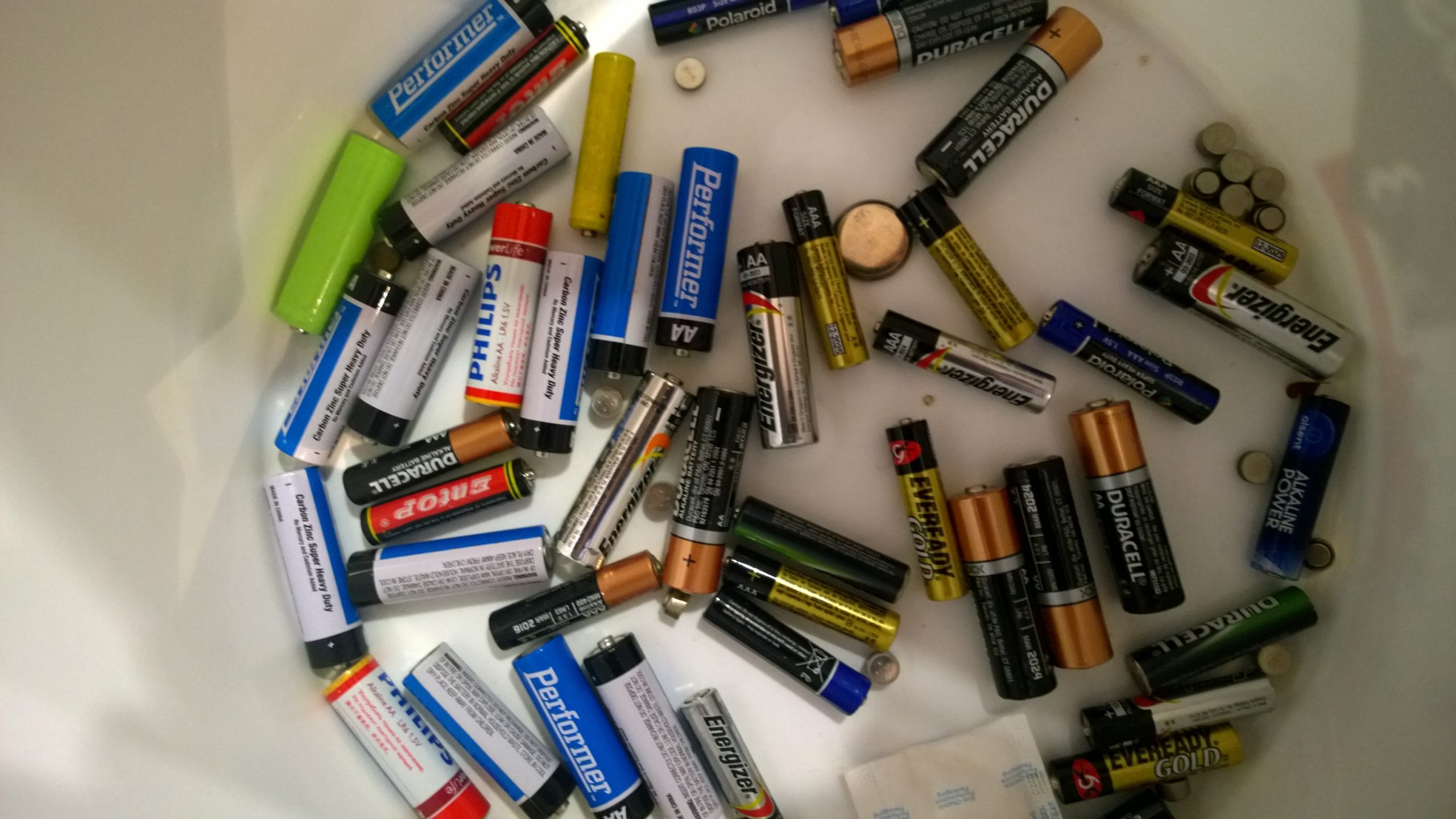

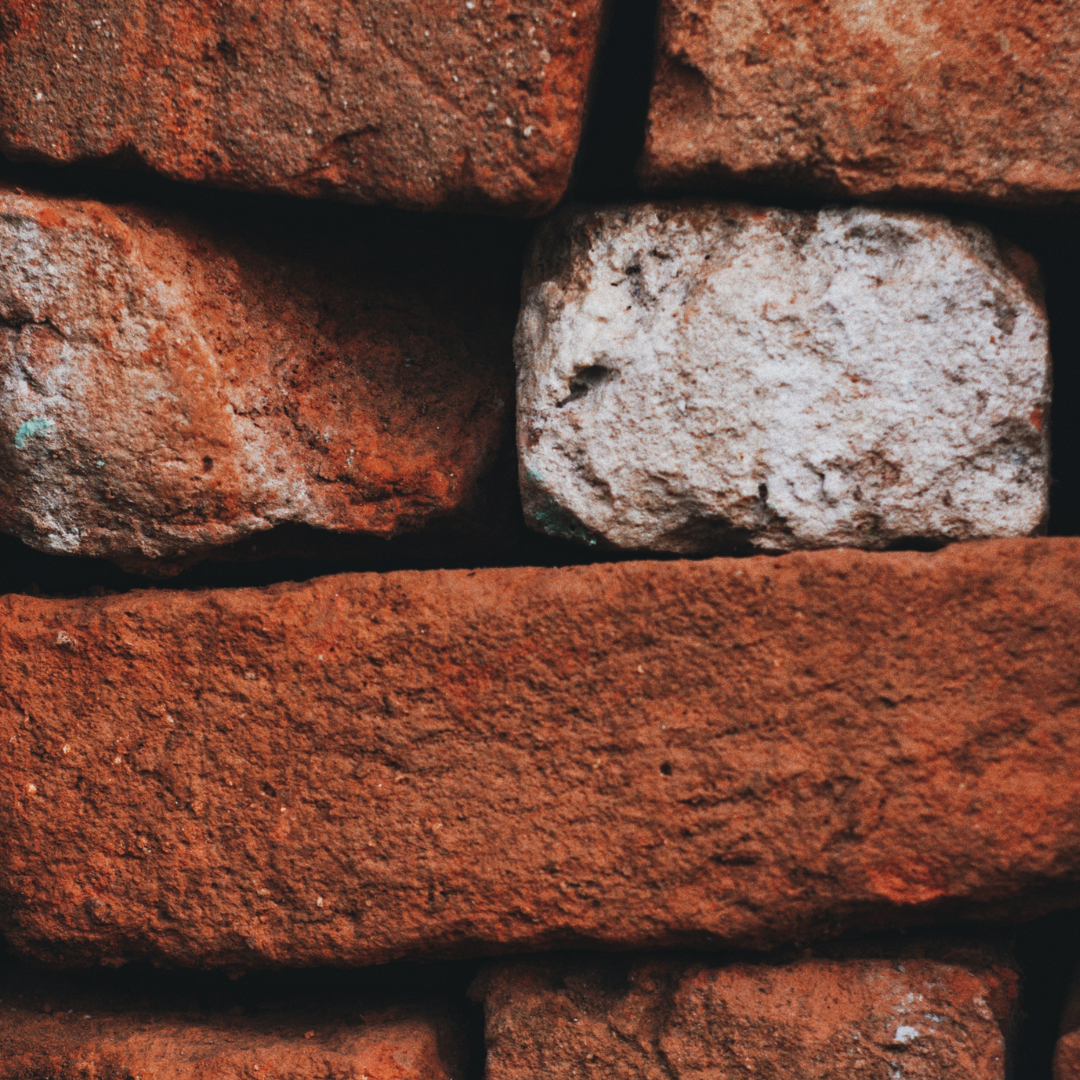
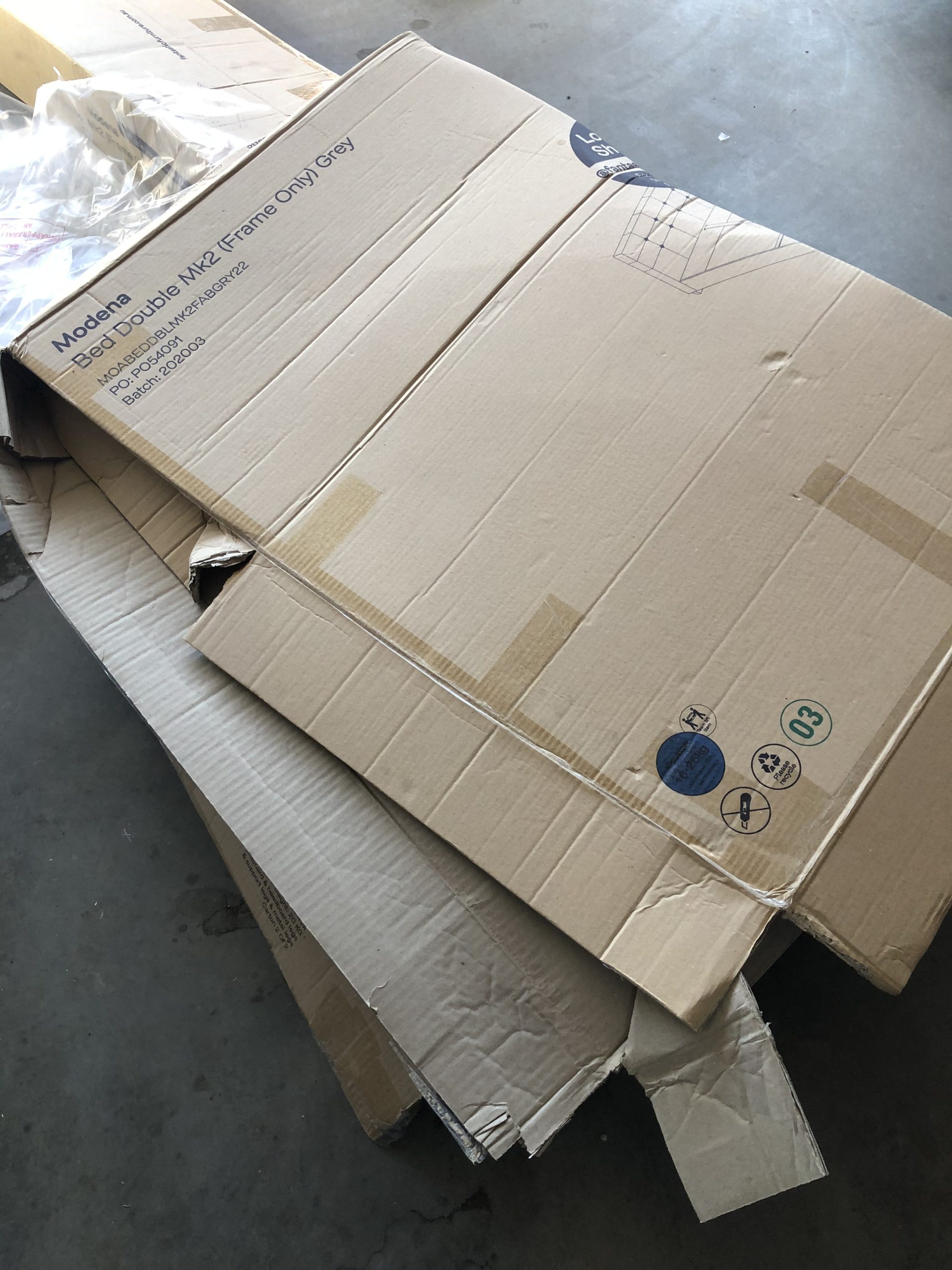
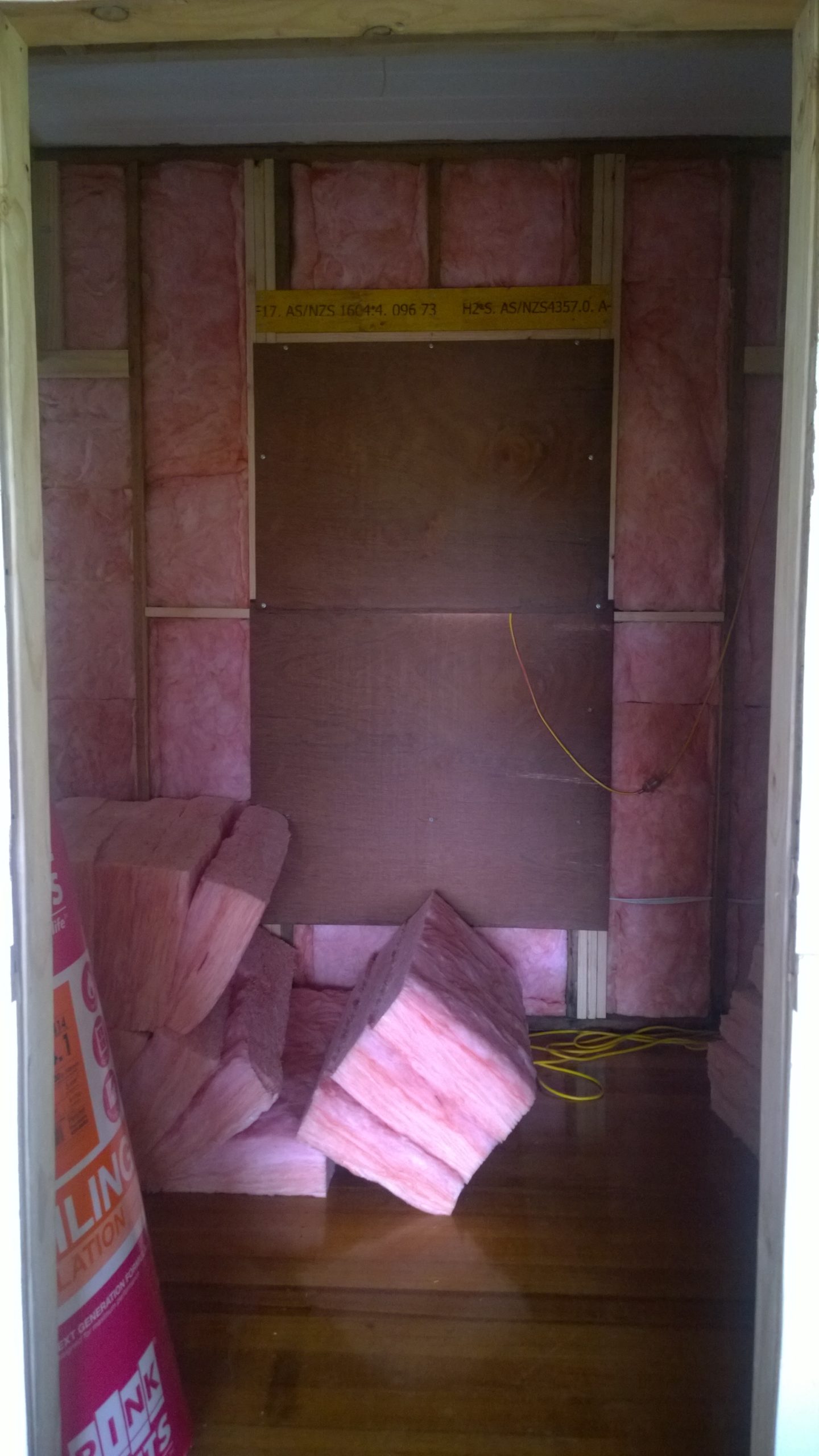
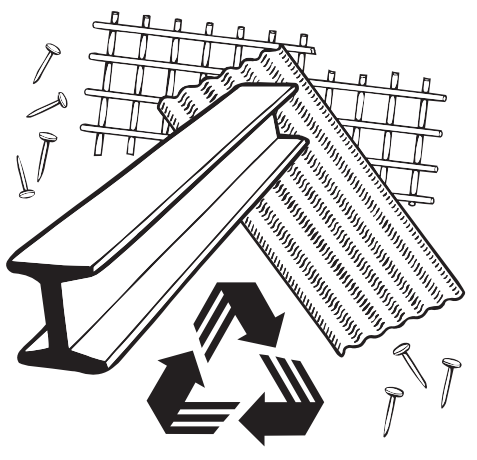
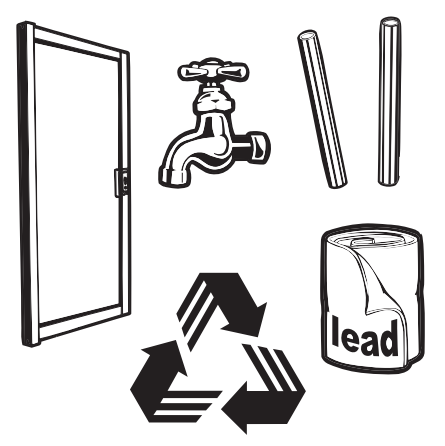

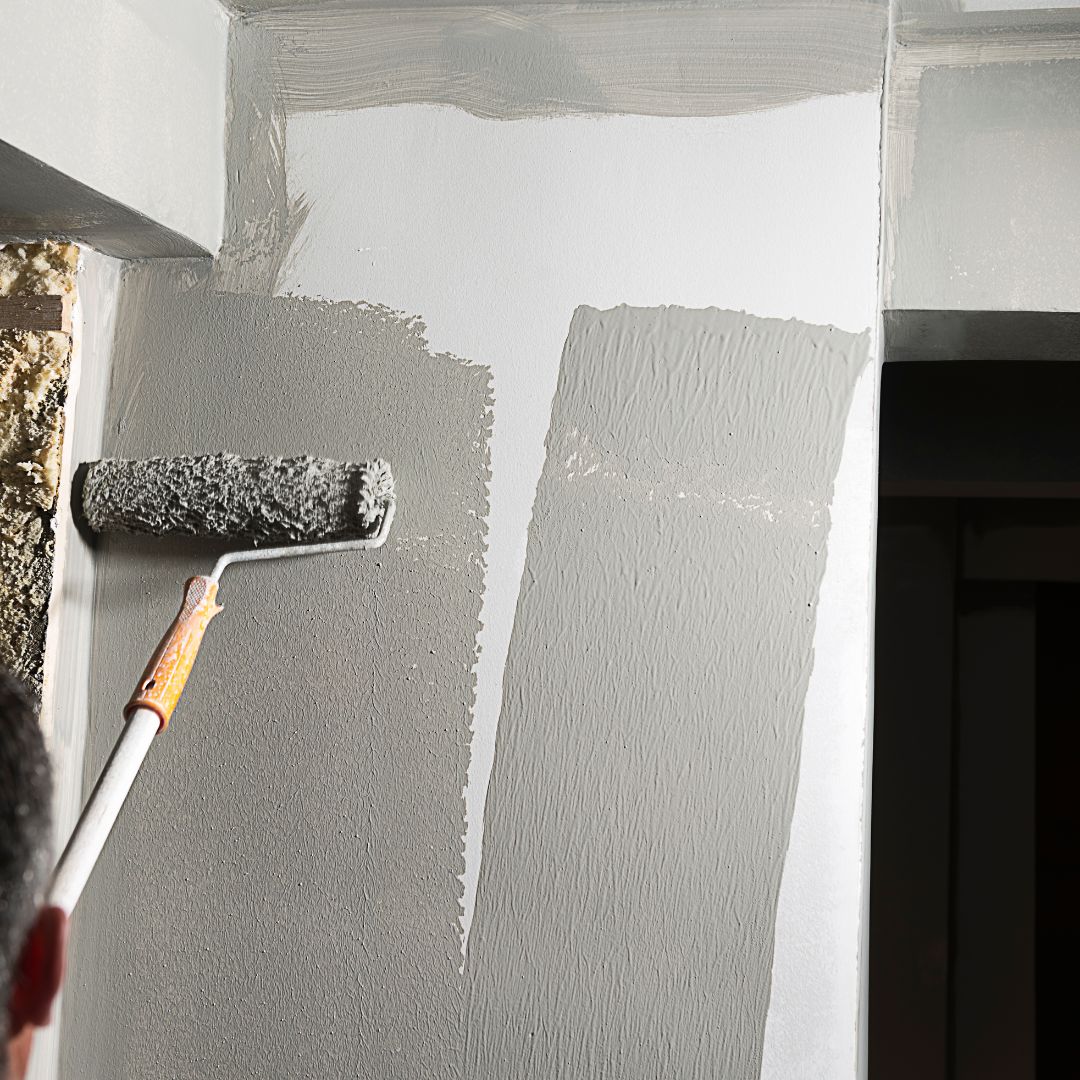
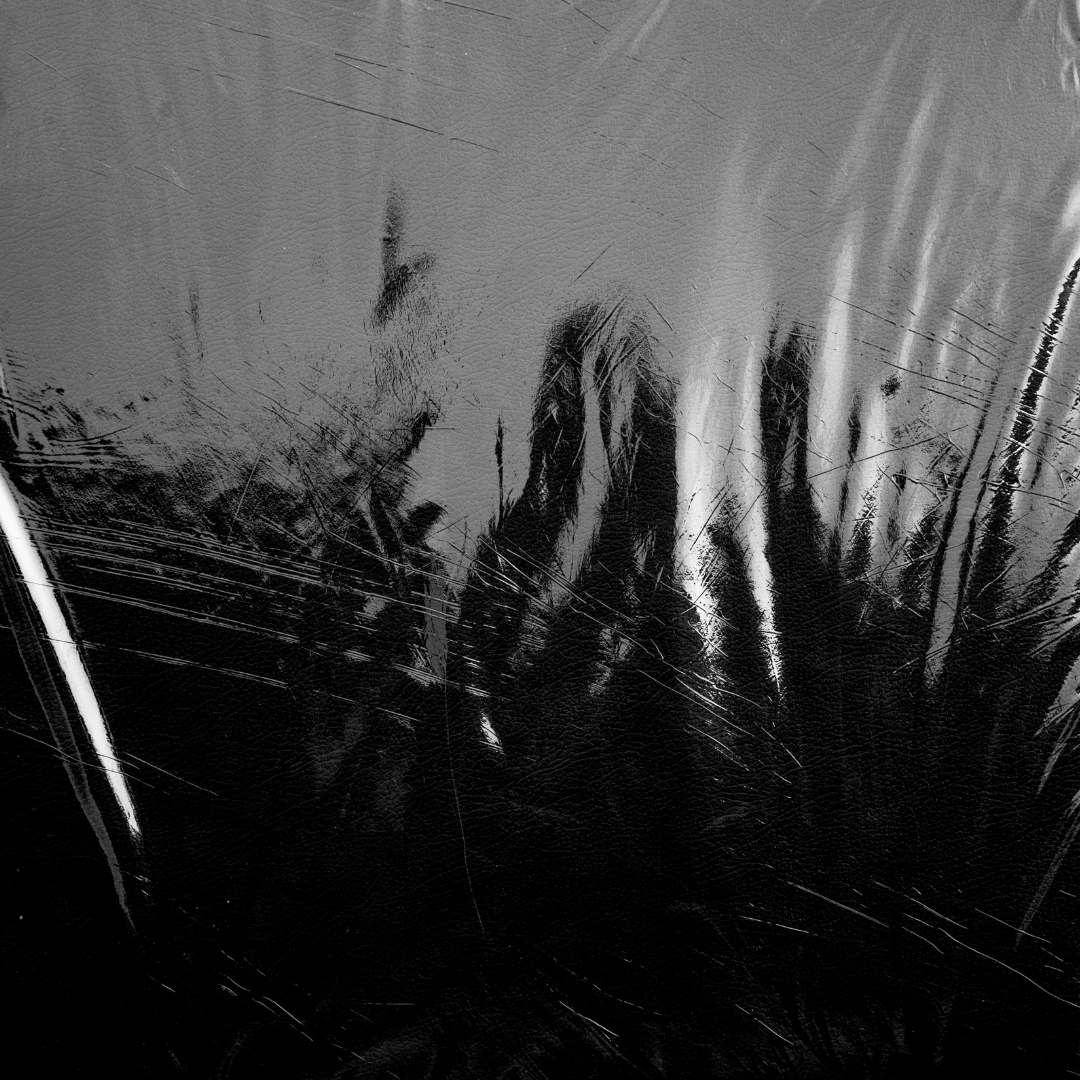
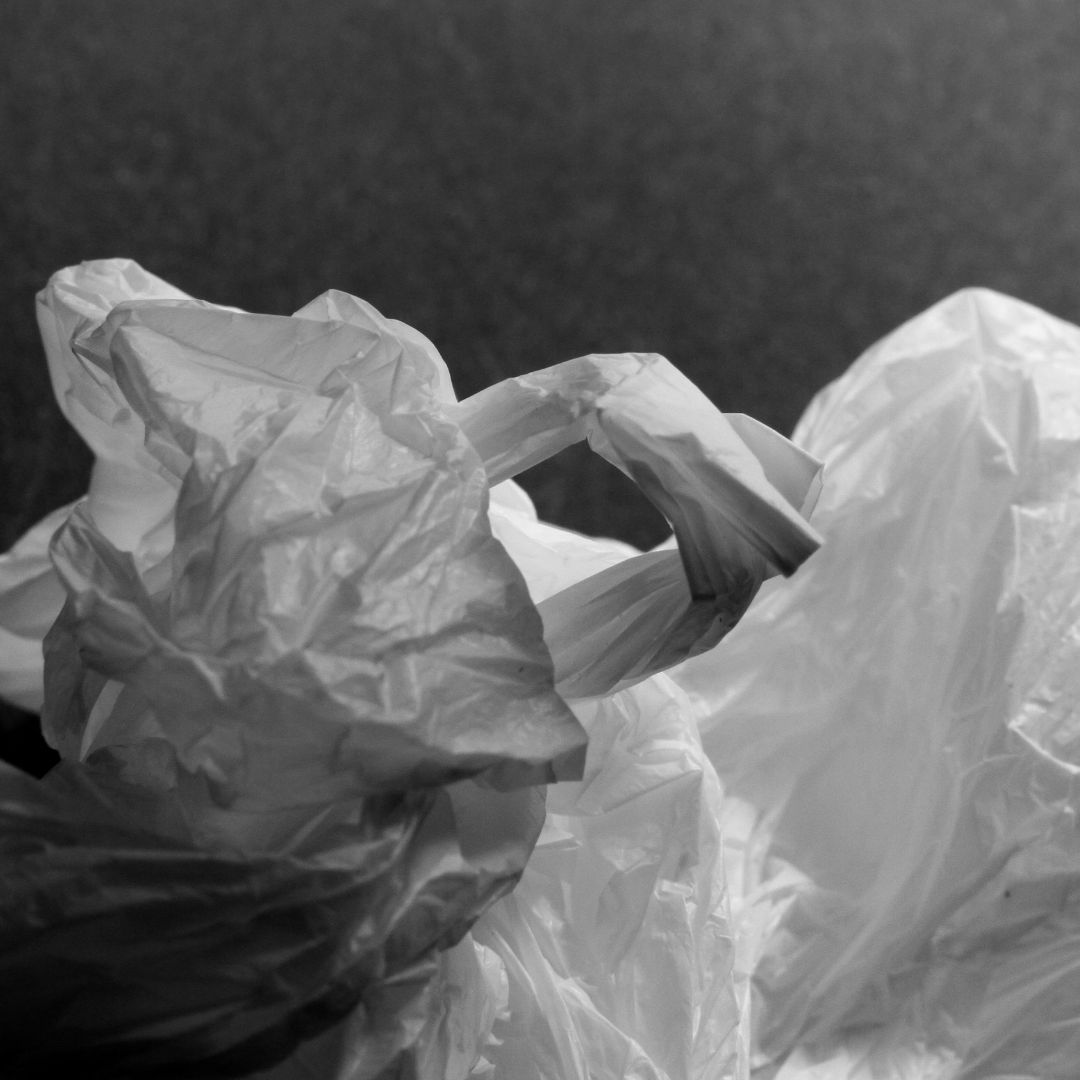
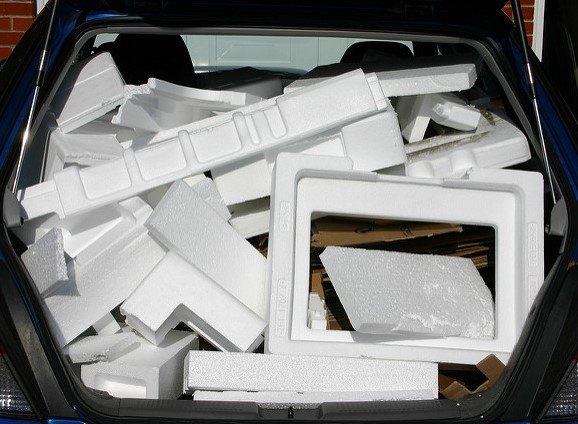
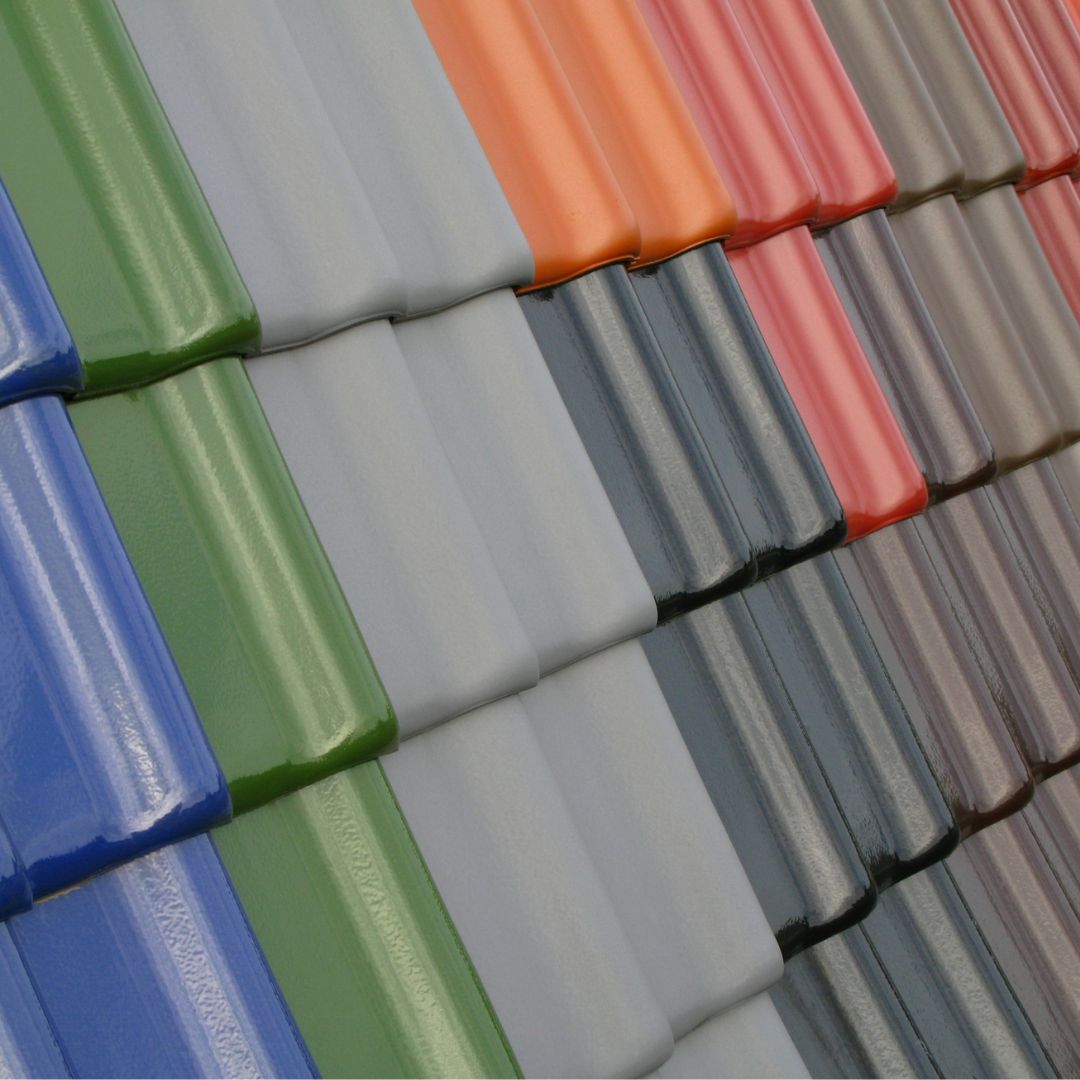
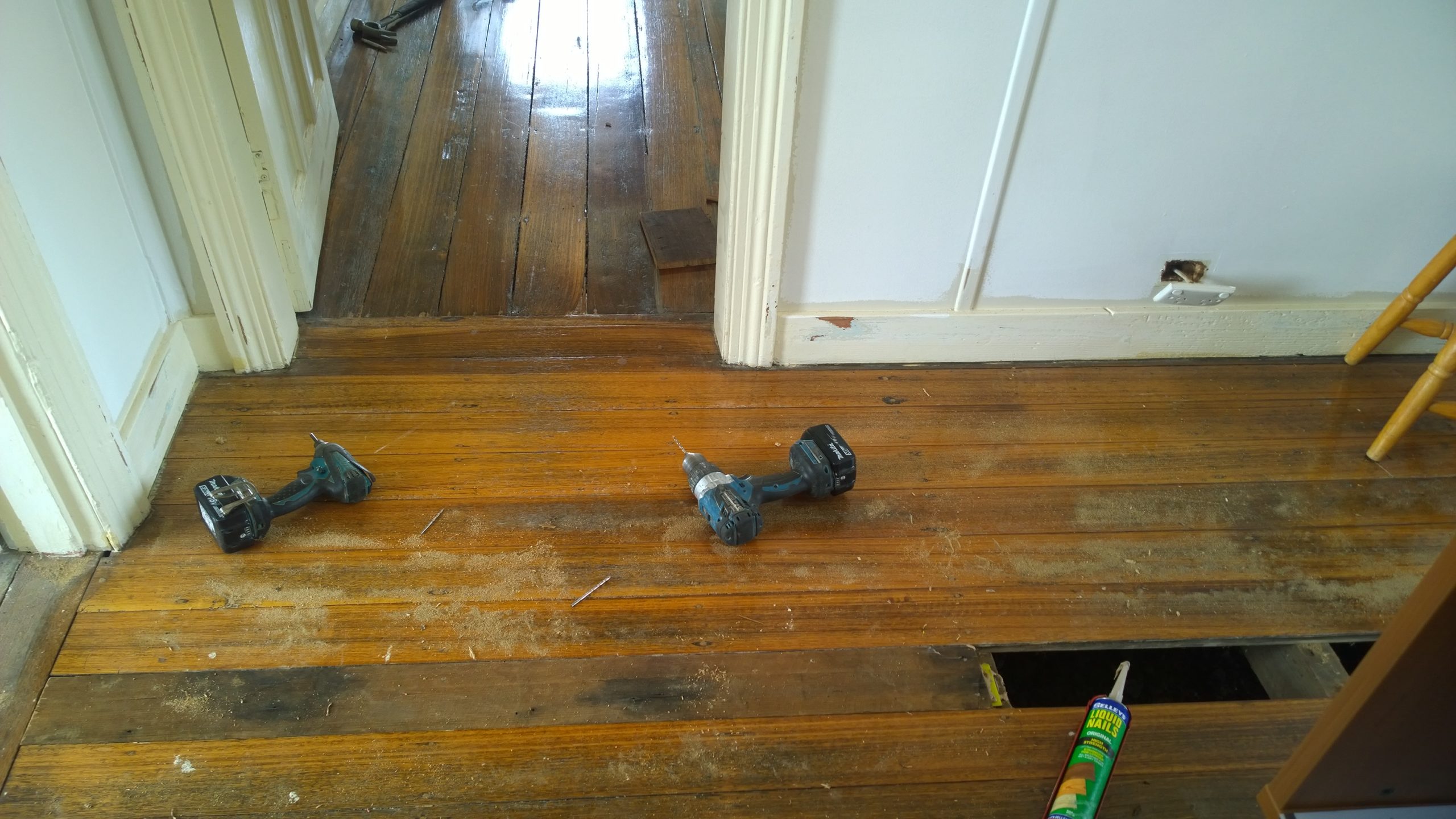
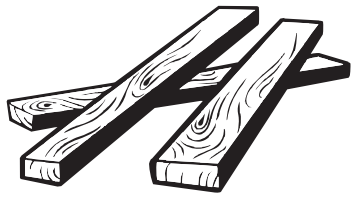

Asbestos
Highly toxic and classified as a ‘controlled waste’, asbestos must be correctly buried in a controlled/hazardous burial area. It must never be put into a recycling or general waste bin due to risk of it being disturbed and releasing airborne particles. On any renovation, construction or demolition project where asbestos may be disturbed in cladding, roofing, around piping or otherwise, you must organise a licensed professional to inspect the site. The management of asbestos containing material is legislated under Tasmania’s Work Health and Safety Regulations 2012 .
Asbestos Awareness guides and checklists for 22 trades can be found here.
Recycle: NO
Reuse: NO
Compost/Mulch: NO.
Disposal: Strictly legislated, requires a licenced professional and an asbestos management plan. Please read the guidelines carefully to assess if your project may be an asbestos risk.
Asbestos can be disposed at many Waste Transfer Stations if it is correctly wrapped and contained – call ahead for confirmation.

Batteries (dry cell, hand held)
Classified as a hazardous waste due to their chemical composition and risk of fire ignition. Highly toxic in landfills due to corrosion and leakage into groundwater. However the resources contained in power tool / electrical appliance-type batteries are valuable, and recovered through an accredited Australian Product Stewardship Scheme called B-Cycle, funded by battery manufacturers. It is free to deposit used batteries via the B-Cycle program.
Recycle: YES.
Locations: Many council Waste Transfer Stations and council offices; Bunnings, Coles, Woolworths, Officeworks. For a full list of Tasmanian recycling locations and the correct way to drop off used batteries so they do not create a hazard in the collection units, visit www.bcycle.com.au. Rechargeable batteries can also be recycled via the B-Cycle program if damaged or are too old and can no longer recharge.
Reuse: YES. Rechargeable batteries offer better value for money and can also be recycled at any outlet that runs the B-Cycle program.
Compost/Mulch: NO. Very toxic to plants.

Batteries (wet cell/lead acid)
Classified as a hazardous waste due to their chemical composition and highly corrosive properties. However, disposed of correctly, 96% of the components of a wet cell or lead acid battery can be recycled. Recycling programs have been running for many years and many different types of places take them at no charge.
Recycle: YES.
Locations: Most council Waste Transfer Stations and landfills will accept them and recycle on your behalf. Wet cell batteries can also be recycled at battery retailers e.g. Battery World, Century Batteries, many mechanics and auto spare retailers. Call first to confirm.
Reuse: NO.
Compost/Mulch: NO.

Bricks
Bricks are heavy and add cost to transport and waste disposal fees. However bricks can be reused in other construction/landscaping projects, either at the build site (check with owners) or by donating to a Tip Shop / Resale Shop. Bricks that are less than 1/3 can be crushed to make brick chips for landscaping, road base, landfill cover, track/drainage material or even fill sand. Crushing facilities exist at some landfills. There are also a number of mobile crushing rigs available for hire, search www.iseekplant.com.au.
Recycle: YES.
Locations: Launceston Waste & Recycling Centre (Launceston). ReProcess Tas (Risdon Vale), AW Constructions (Brighton). Mornington Park Waste Transfer Station.
Reuse: YES.
In other construction or landscaping projects, either clean and intact, or chipped or crushed. Local community groups/schools/gardeners also use – advertise on Gumtree/Facebook. May also be of use to some Men’s Sheds – check attached list of 60 shed locations.
Compost/Mulch: No.

Cardboard
Box cardboard is bulky, taking up a lot of space in waste bins, and is brought on site by almost every trade, making it a significant % of all onsite waste. Cardboard is however a valuable recyclable and many builders have a separate bin for cardboard, either for collection by a recycler/bin provider, or for easy, free disposal at a municipal recycling station. To maximise space and recyclability, cardboard must be flattened all packing straps/plastic wrap removed (packing tape is fine to leave on). If cardboard gets too wet for a recycler, it can still go into composting facilities (without packing tape however as this is plastic and will not compost). Free cardboard can also be popular with gardeners and schools and can be advertised online on sites such as Gumtree, Facebook Marketplace and Facebook ‘buy/sell/giveaway’ and local community groups.
Recycle: YES.
If dry and all straps/wrapping removed (sticky tape fine). All landfills and waste transfer stations that have recycling centres.
Reuse: YES. Local community groups/ schools/ gardeners – advertise on Gumtree/Facebook.
Compost/Mulch: YES. Launceston Waste Centre. Dulverton Compost Facility (Latrobe), Pure Living Soil (Bridgewater), Barwicks (Glenorchy).

Insulation, batts
Blanket batts or rolls of insulation can be made from either fiberglass/glass wool (e.g. Pink Batts™), mineral wool (e.g. Rockwool® made from basalt, plastic (e.g. Earthwool®) or natural fibres such as sheep’s wool (e.g. Havelock®) or cellulose (e.g. Charlie Fluff®). It is lightweight and must be secured onsite or it will blow away and can travel significant distances. Batts, all types, can cause significant animal illness or drainage/water-way blockages. However insulation batt or roll off-cuts are popular with DIY groups and may be accepted by Reuse Shops or offered for sale or giveaway online.
Recycle: Sometimes, depends on volume and type. Check with Resource Recovery Shops/Recycling centres / Tip shops who may stock it for resale.
Reuse: YES. Often in demand with DIYers. Local community groups/ schools/ gardeners also use – advertise on Gumtree/Facebook.
Compost/Mulch: NO. Even the organic varieties of building batts have had some level of treatment and are not suitable for composting.

Metal, ferrous
Includes alloy steel, carbon steel, cast iron and wrought iron – if unsure, test if it is magnetic. Most common on building sites as structure steel, Colorbond® roofing, fencing, galvanised iron, pipes, tools, drills, blades, paint tins, taps and springs. Off-cuts of solid nonferrous metal is wanted by some metal recyclers, who pay by weight. Collections can sometimes be arranged depending on location and volume. It can also be donated to Recovery Shops at landfills and waste transfer stations as it is popular for DIY.
Recycle: YES.
Locations: Waste Transfer Stations and Landfills with recovery/recycling centres. Scrap metal recycling businesses.
Reuse: YES. Resource recovery shops will accept usable lengths for DIY builders/renovators.
Compost/Mulch: NO.

Metal, non ferrous
Aluminium, brass, copper, lead, zinc and tin. Most common on building sites as Zincalume ® sheet roofing, gutters, liquid pipes, power cables. Off-cuts of nonferrous metal is popular with all scrap metal recyclers, who will pay by weight. Collections can sometimes be arranged depending on location and volume. It can also be donated to Recovery Shops at landfills and waste transfer stations as it is popular for DIY.
Recycle: YES.
Locations: Waste Transfer Stations and Landfills with recovery/recycling centres. Scrap metal recycling businesses.
Reuse: YES. Resource recovery shops will accept usable lengths for DIY builders/renovators.
Compost/Mulch: NO.

Plasterboard (new uncovered offcuts)
Plasterboard (sometimes called drywall) is gypsum mixed with water covered with thick layers of paper. Large volumes of off-cuts are wasted during new builds and can add up to one third of all waste by weight during the fit-out stage. Plasterboard is organic – if unpainted off-cuts are separated from general waste, they can be composted or mulched. Larger pieces can be donated to Recovery Shops or on community give-away pages.
Recycle: NO.
Reuse: YES, if off-cuts are large enough, some resource recovery shops will accept for DIY builders/renovators. Is useful in compost and in gardens as gypsum (clay breaker).
Compost/Mulch: YES.
Locations: Waste Transfer Stations, Dulverton Compost Facility (Latrobe), Pure Living Soil (Bridgewater), Barwicks (Glenorchy), Launceston Waste & Recycling Centre (Mowbray).

Plasterboard (painted)
Plasterboard that has been painted cannot be composted as the paint is a contaminant, however some landfills will mulch it for landfill cover.
Recycle: LIMITED.
ReProcess Tas (Risdon Vale) will accept.
Reuse: YES, if off-cuts are large enough and in good condition, some resource recovery shops will accept to sell to DIY builders/renovators.
Compost/Mulch: NO. Not at composting facilities. Check if local landfill will mulch.

Plastic (soft, thick, black)
Construction-grade thick black plastic wrap, or ‘builders film’ is used as sheeting during slab construction. There is no recycler to process this type of soft plastic within Tasmania, however due to its thickness, size and durability, it is very reusable by DIYers or gardeners if off-cuts are large.
Recycle: LIMITED.
Locations: Wizz Away (Moonah), Mornington Park WTS (Mornington).
Reuse: YES. Save for other projects around work sites. Local community groups/schools/gardeners also use – advertise on Gumtree/Facebook.
Compost/Mulch: NO.

Plastic (soft, thin, clear/branded)
Extremely common for packaging and protecting all types of building material during delivery (e.g. pallet wrapping). Despite being so lightweight, the volume and consistency of incoming soft plastic throughout the build makes it a very problematic waste stream. Currently not recyclable in large quantities.
Recycle: LIMITED.
Locations: Wizz Away (Moonah), Mornington Park WTS (Mornington). In very small quantities, if clean and cut up into A3 sized pieces, into REDcycle drop-off bins at the entrances of supermarkets.
Reuse: YES. Some items may come in plastic bags that are thick enough to be used again as bags. Pallet wrap can be used to re-wrap and protect onsite materials if tied securely.
Compost/Mulch: NO.

Polystyrene
Polystyrene or EPS (Expanded Polystyrene, Styrofoam™) is identified by sight – it looks like small round balls stuck together. EPS is recyclable, unlike Extruded Polystyrene (egg cartons, cups etc). EPS is frequently used as a protective packaging. It is bulky to store onsite and must be secured from wind.
It can be recycled but needs specialised equipment and must be clean e.g. no straps, stickers or other packaging materials.
Recycle: YES, conditionally.
Locations: Polyfoam (Bridgewater), call 6263 6900 to book in advance. Launceston Waste and Recycling Centre (Mowbray). All waste transfer stations in the north/north east of Tasmania.
Reuse: YES, if in thin flat sheets – it’s an excellent insulating material for small, awkward areas or to cover gaps in framing.
Compost/Mulch: NO.

Roof tiles, shingles
The most common types of roof tiles in Australia are terracotta/clay, concrete or asphalt, but roof tiles can also be made from wood, metal, slate, fibre cement or recycled rubber. All types of tiles, if in good condition, can be sold or donated on Gumtree or Facebook Marketplace.
Asphalt shingles can be recycled into hot mix asphalt to create pavement – the roof of one average sized home can pave about 60m of pavement.
Recycle: YES for clay/concrete/slate or fibre cement, can be crushed into builders rubble for landscaping, road base, landfill cover, track or drainage material.
Reuse: YES, if in bigger volumes, and in good condition, some resource recovery shops will accept for DIY builders/renovators.
Compost/Mulch: NO.

Timber (treated)
Includes pressure treated construction timber, wood that has been treated with flame retardants or chromated copper arsenate (a pesticide), as well as MDF and plywood. Larger pieces can be popular for DIY builders/renovators.
Recycle: LIMITED.
ReProcess Tas (Risdon Vale).
Reuse: YES.
Repurpose onsite or donate to Resource Recovery ships if in a useful size or volume. May also be of use to some Men’s Sheds.
Compost/Mulch: NO.

Timber (untreated)
Untreated timber on a build site comes from pallets and some construction wood. Pallets are designed for multiple use and have standard parts for easy repair. Pallets and untreated wood off cuts can be repurposed by the public by donating to a Recovery Shop or wood salvage yard. Can be reused or repurposed in other construction projects or chipped as green waste and converted into mulch or animal bedding.
Recycle: YES. Recycle as green waste or fire fuel. ReProcess Tas (Risdon Vale) also accepts.
Reuse: YES. Save for other projects/onsite repairs and around work sites. Easily repurposed by DIY enthusiasts. Resource recovery shops and some timber/wood salvage yards will accept donations. May also be of use to some Men’s Sheds.
Compost/Mulch: YES. Note it is very important that no treated timber is mixed with the untreated timber. Chemicals in treated timber can contaminate large volumes of organic compost.